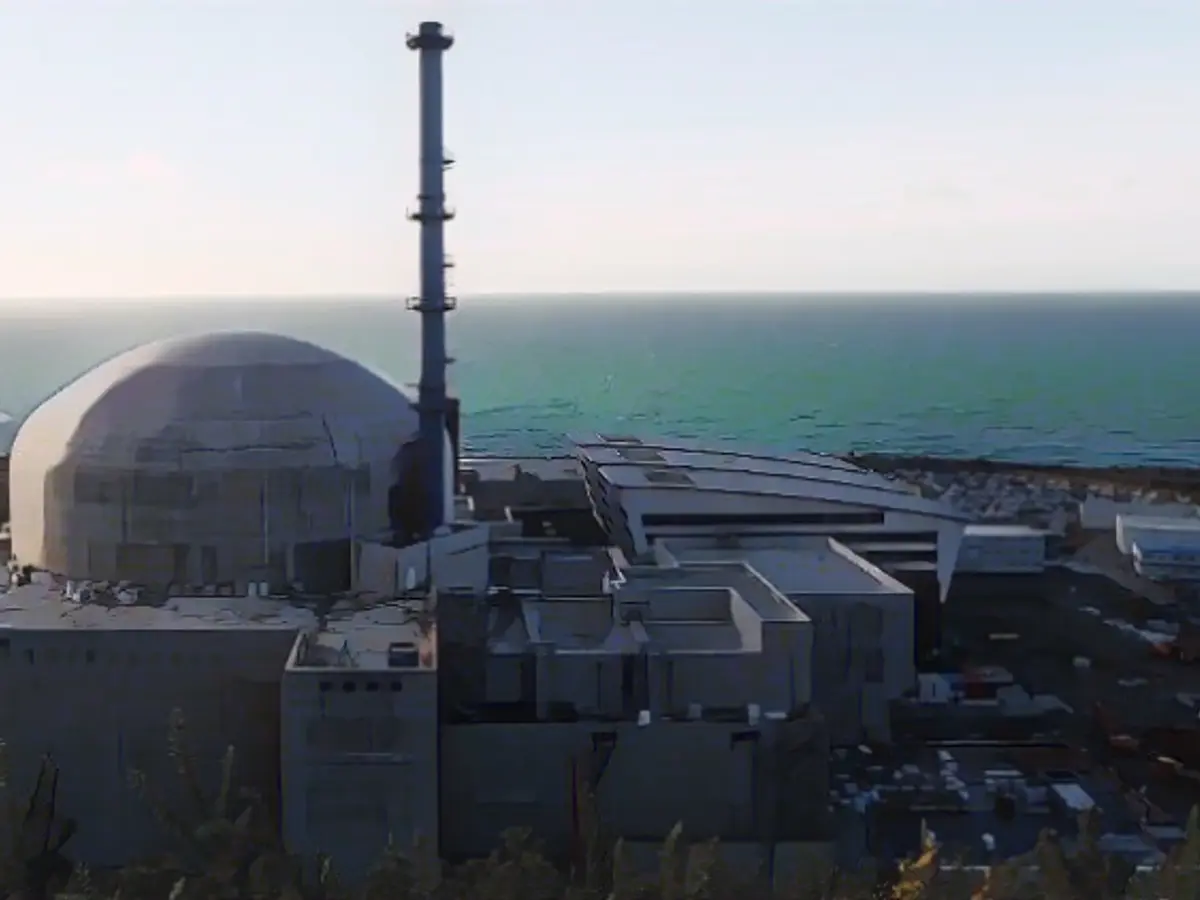France and Sweden join forces in nuclear energy advancements
In an exciting development, France and Sweden have teamed up to champion the construction of new nuclear power plants and invest in nuclear technology research. The energy ministers from both nations signed a declaration of intent in Brussels, signaling their shared commitment to the revival of nuclear energy in Europe.
Germany largely reigns in the coal industry, while France and Sweden rely heavily on nuclear energy to offset carbon emissions. This collaboration marks a significant resurgence of nuclear energy in the continent, according to French Energy Minister Agnès Pannier-Runacher. The joint declaration outlines cooperation in the construction of new reactors, the fuel cycle, and research, with a particular focus on small modular reactors (SMRs).
Swedish Energy Minister Ebba Busch called for a triumphant comeback for Sweden as a nuclear power nation, emphasizing the necessity of nuclear energy as a key component in transitioning away from fossil fuels. Additional reactors have the potential to shore up power supply, enabling the electrification of transportation and heavy industry, among other objectives.
France hopes to bolster its own nuclear industry, with plans to construct six new power plants within the near future. Sweden announced significant investments in nuclear energy last November, with two new reactors already on the docket.
The EU's revised electricity market regulations permit state subsidies for nuclear power plants, a policy that has sparked debate, particularly in Germany, which retired its last three nuclear power plants in April.
Intriguingly, this cooperation extends beyond the shores of France and Sweden. Hexana, a French firm, has forged a strategic partnership with the Belgian engineering company Tractebel, contributing to the advancement of sodium-cooled fast neutron reactor energy platforms. Similarly, Swedish and French lead-cooled fast reactor developers Blykalla and Newcleo are collaborating on material research.
Sweden is reimagining its energy policy, revising decades of nuclear phase-out and stagnation, as part of its goal to meet rising energy demands and tackle ambitious decarbonization targets. This shift includes easing restrictions on nuclear development, allowing for the expansion of existing reactor lifespans and the introduction of new technologies, with an emphasis on SMRs.
Sources:
- [1] [Enrichment Data]
- [4] [Enrichment Data]
- [5] [Enrichment Data]







